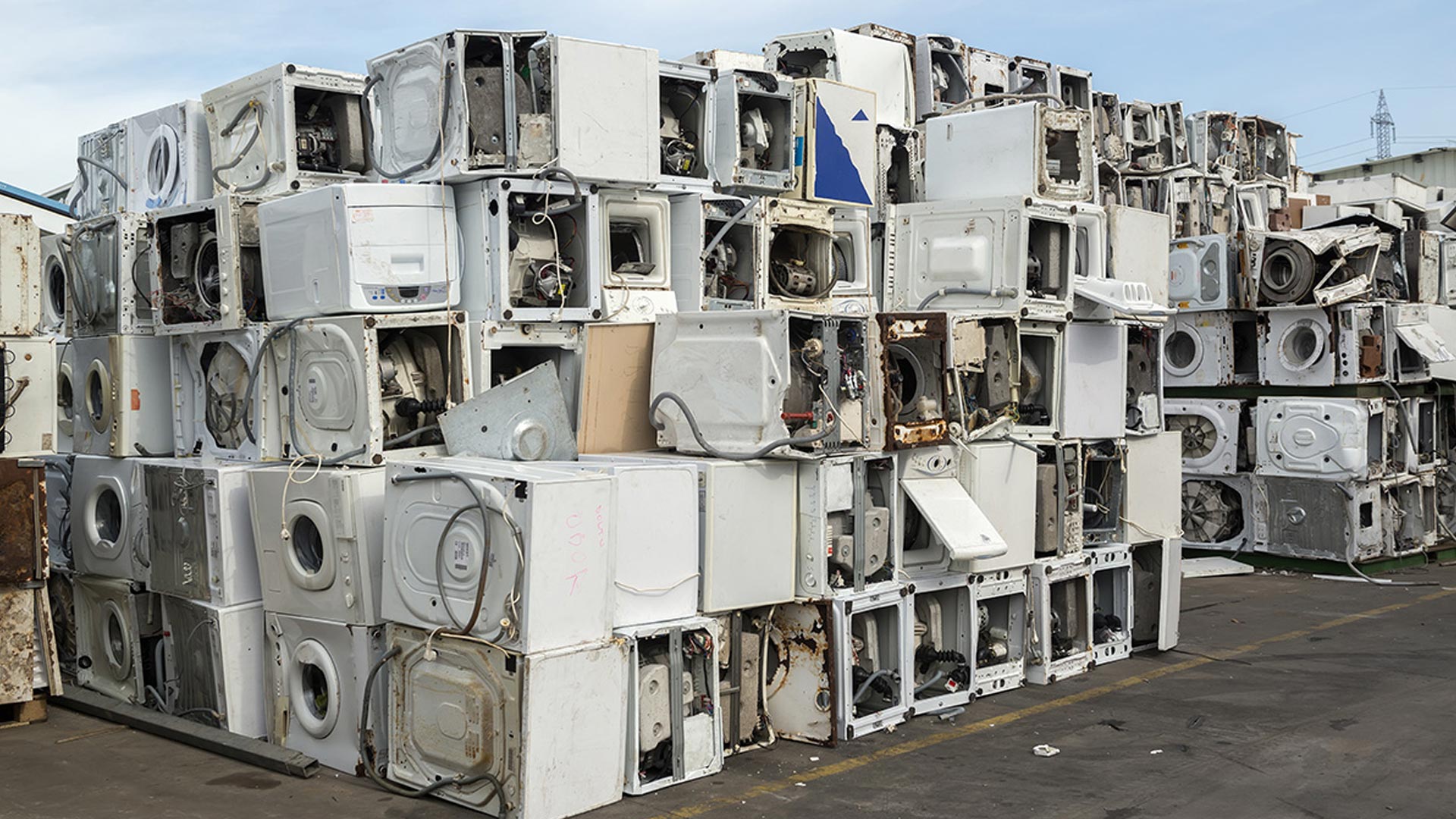Ignasi Puig Ventosa | ENT
The notion of Extended Producer Responsibility (EPR) has been part of EU waste policy for a long time. The Waste Framework Directive (WFD) [1] states that “in order to strengthen the re-use and the prevention, recycling and other recovery of waste, Member States may take legislative or non-legislative measures to ensure that any natural or legal person who professionally develops, manufactures, processes, treats, sells or imports products (producer of the product) has extended producer responsibility.” (art. 8.1 WFD), and it also specifies that EPR “may include an acceptance of returned products and of the waste that remains after those products have been used, as well as the subsequent management of the waste and financial responsibility for such activities·” (art. 8.1 WFD).
Nevertheless, the application of Extended Producer Responsibility has only been made compulsory for waste from electric and electronic equipment, [2] batteries and accumulators, [3] and end-of-life vehicles [4]. For other waste streams, EU legislation includes a specific mention to the option for Member States (MS) to promote EPR, such as for packaging waste, [5] and oils (art 21 WFD), but ultimately the adoption of EPR depends on national legislation. Besides the three waste streams for which EPR is compulsory, EPR is common (i.e. adopted in 10 or more MS) for: packaging (27 MS), tyres (20), graphic paper (11), used oils (10) and medical waste-old/unused medicines (10). [6]
After years of implementation it can be argued that Extended Producer Responsibility has not actually been so extended. Several limitations are common: a) producer responsibility organisations (PRO) managing the EPR do not assume the entire cost of managing the corresponding waste flows, and therefore Public Administrations (through taxes) continue to sustain part of the costs that should be borne by producers (and transferred into prices paid by consumers); b) Through their tariffs, PRO do not sufficiently incentivise individual recyclability and eco-design amongst individual producers; c) Insufficient transparency makes it difficult for Public Administrations to assess compliance; amongst others. [7]
However, no doubt the main limitation of EPR within EU waste policy is that it is reduced to a very limited number of products. For the majority of them, EPR simply does not exist. Producers are allowed to put any product on the market, no matter how difficult and costly to manage it is when it turns into waste. This is truly unacceptable.
In some cases, products without EPR are a significant percentage of waste generation, such as for the case of graphic paper, furniture or textiles. In some other cases, these products are not so relevant in weight, but very environmentally problematic and/or very costly to manage, such as: disposable nappies, sanitary pads, cleaning wipes, paint pots, chewing gum, mattresses, cigarette buds, etc. The list could be much longer.
Of course one could favour the idea of extending EPR specifically to other waste streams, but it seems unlikely that this will be the case at EU level, with an important number of Directives to already manage in relation to waste. Actually, the Circular Economy Package, the most comprehensive effort to update EU legislation in years, includes no plans to extend EPR to any specific additional waste stream.
Efforts at the national level to extend the scope of EPR would be very welcome. In fact, some countries, such as France, already provide a number of examples in areas where no other country has applied EPR.
However, the idea that I want to raise here is that maybe the time has come to implement the concept of Generalised Extended Producer Responsibility (GEPR), whereby ALL products put into the market, and likely to become waste at some point, would be subject to producer responsibility.
Whereas in traditional EPR, there is one or more PRO for each specific waste stream, and producers have to contribute to these PROs, in GEPR, specific EPR schemes could continue to exist, and maybe a few more would be created, but there would be also general PROs for all those products with no specific EPR schemes.
This approach would be perfectly consistent with the Waste Framework Directive, and its regulation of EPR in its article 8. Common criteria valid for all products under the GEPR should be defined to understand if and how they should contribute. The new more comprehensive requirements for EPR schemes that are under discussion in the framework of the Circular Economy Package [8] could well serve as basic guidelines.
Public administrations would need to define how the different products contribute to collection and treatment costs (including street cleaning, littering prevention and clean-ups, etc.), and allocate the costs to the different EPR/GEPR schemes. Ultimately only costs related to biowaste –as they derive from endosomatic consumption of energy– should be borne by public administrations and transferred to taxpayers; all other costs should be borne by PROs and transferred to producers, and from them to consumers.
Of course implementation of GEPR would entail a huge additional burden of paperwork and the need of additional data on impact and cost of the different waste streams. However, this would be less burdensome, faster and cheaper to regulate and monitor than the never ending process of creating one new EPR scheme after another. This would also ensure a consistent application of EPR across a range of different products, which I am afraid is lacking amongst the different existing EPR schemes.
Many details would need to be discussed (links among existing EPR and new GEPR schemes and the corresponding PROs, legal nature, compatibility with other economic incentives, etc.). However, all in all, GEPR could generalise incentives towards recyclability and cleaner production, particularly if some lessons are learned from failures in the past, and would suppose a much fairer distribution of costs, shifting them from Public Administrations to producers, and ultimately from taxpayers to consumers.
http://ec.europa.eu/environment/waste/pdf/target_review/Guidance%20on%20EPR%20-%20Final%20Report.pdf
https://www.zerowasteeurope.eu/downloads/redesigning-producer-responsibility-a-new-epr-is-needed-for-a-circular-economy.
http://eur-lex.europa.eu/legal-content/EN/TXT/?uri=CELEX:52015PC0595

